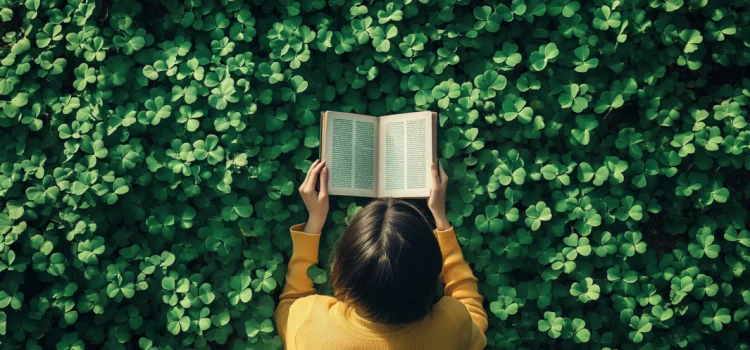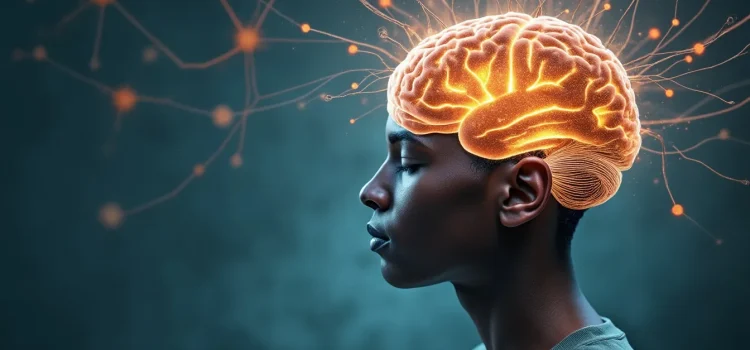Is luck real? What do science and psychology say? Is it possible to improve your luck? In his book, The Luck Factor, psychologist Richard Wiseman conducted extensive research on people who claim to have good or bad luck. Wiseman explores the science behind luck and how you can improve yours by deliberately applying the unconscious methods that lucky people use. Keep reading to learn how people create their own luck, how to turn bad luck into good luck, and more.
The Luck Factor by Richard Wiseman—Book Overview










